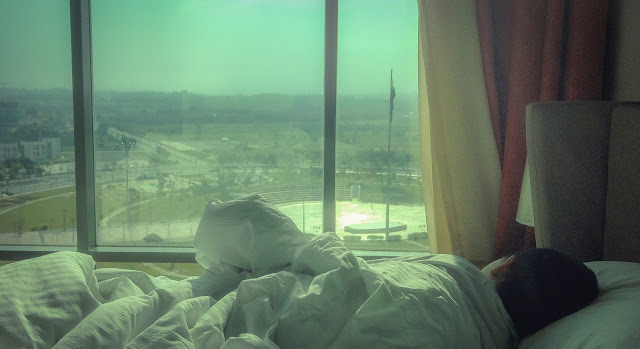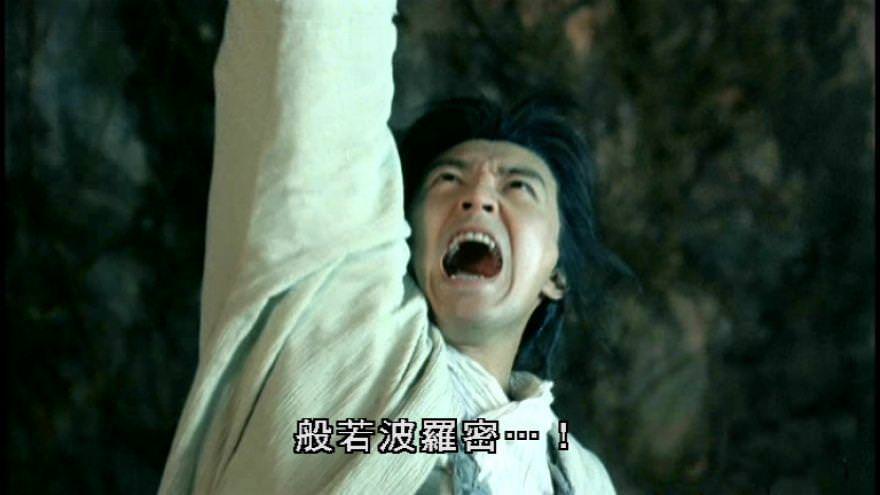A series of unfortunate relocations of the book collection of Hsü Yün Ts‘iao
This article was written by Long Pow Ang to announce the establishment of a private library to house the book collection of Hsü Yün Ts‘iao 許雲樵 (1905 — 1981), and was first published in The Strait Times on March 12, 1981.
The book collection of scholar Hsü Yün Ts‘iao 許雲樵, subject of much controversy, will not leave Singapore after all.
A private library will be set up in Lim Teck Kim Road, off Cantonment Road, specially for the 30,000 books, periodicals and newspaper clippings, most of which are Southeast Asian history.
China trip. The library will be financed and administered by a proposed company, the driving force of which is Mr. Kho Bak Weng 許木榮, assistant managing director of Sindo Timber Enterprises Pte Ltd 森都公司.
Mr Hsü, 76, had planned to sell his collection to the Malaysian Chinese Association (MCA) 馬來西亞馬華公會 in Kuala Lumpur for $150,000. Local libraries, he said, were not interested in the collection which he wanted to sell as a “package deal".
The books are of no great use to him because of his poor health, he said, and the money would pay for a trip to China.
Mr Kho said on Tuesday that he telephoned Mr. Hsu's son immediately after reading newspaper reports about 10 days ago of the impending sale to the MCA. He asked him to stop his father from selling the books.
“The collection is part of our national heritage and I don't think it should go overseas,"
he said at a pro-tem meeting of the proposed company at Sindo House.
“I believe there should be cultural enrichment besides economic development in our country."
Members. Mr. Kho also promised to pay for Mr. Hsü's China trip and help him with living expenses. Besides Mr. Kho, the other committee members, all of whom were appointed by Mr Hsü, are Mr. Lee Fook Hong 李福鴻 (1928 - 2012), accountant; Miss Yee Siew Pun 余秀斌 (1930 - 2014), a librarian of the National University of Singapore; Dr. Ng Chin Keong 吳振強, an NUS lecturer, Mr. Yeh Song Ing, a businessman and Nantah graduate; Mr. Chang Chin Chiang 張清江, a Sin Chew Jit Poh journalist.
A board of directors will be appointed when the company is registered. It will comprise businessmen willing to pay for the maintenance of the library.
The library will be open to researchers and the public.
It will take one of the three proposed names: Southeast Asia Research Centre, the Academy of Singapore Southeast Asian Studies and Centre for Southeast Asian Studies.

Hsü didn't manage to complete his last travel plan to China to seek for medical treatment, as announced in the Strait Times article, since he was killed by heart attack at a nursing home in Upper Serangoon Road, Singapore on November 17, 1981. He was survived by his wife and his 10 children.
Hsü's MCA deal of $150,000 was intercepted by businessman Kho Bak Weng 許木榮, who convinced Hsü to sell his book collection at $60,000, to prevent the books from ending up in Malaysia.
Kho, however, was able to keep the collection for about seven years. The book collection was later transferred by Kho to Singapore Federation of Chinese Clan Associations (SFCCA) 新加坡宗鄉會館聯合總 in 1987 to furnish their resource centre 文史資料中心.
About four years ago, the Government of Singapore was finally willing to take care of Hsü's book collection when a memorandum was inked between the SFCCA and the National Library of Singapore on September 30, 2014.

Unfortunately, between 1981 to 2014, parts of the original collection was looted or lost as a result of poor handling. The size of the collection received by the Lee Kong Chian Reference Library was considerably reduced to mere 3,000 books, 2,000 periodicals and 6,000 pages of manuscripts.
One of the material received by the National Library of Singapore is the Zheng He's navigational charts 鄭和航海圖. The charts can be found in Volume 240 of Wubeizhi (Treatise on Military Preparedness) 武備志卷二百四十, originally published in 1628 by Mao Yuanyi (1594 — 1640) 茅元儀, by consolidating the materials collected by his grandfather, Mao Kun (1512 — 1601) 茅坤.
A complete set of 240 volumes (in 80 cases) of an early Qing edition of Mao's Wubeizhi is kept in the Chinese Rare Book Cage at the Library of Congress and digitised version of the map can be found here. Digitised version of all the 240 volumes can also be found in Souyun 搜韵.





Comments